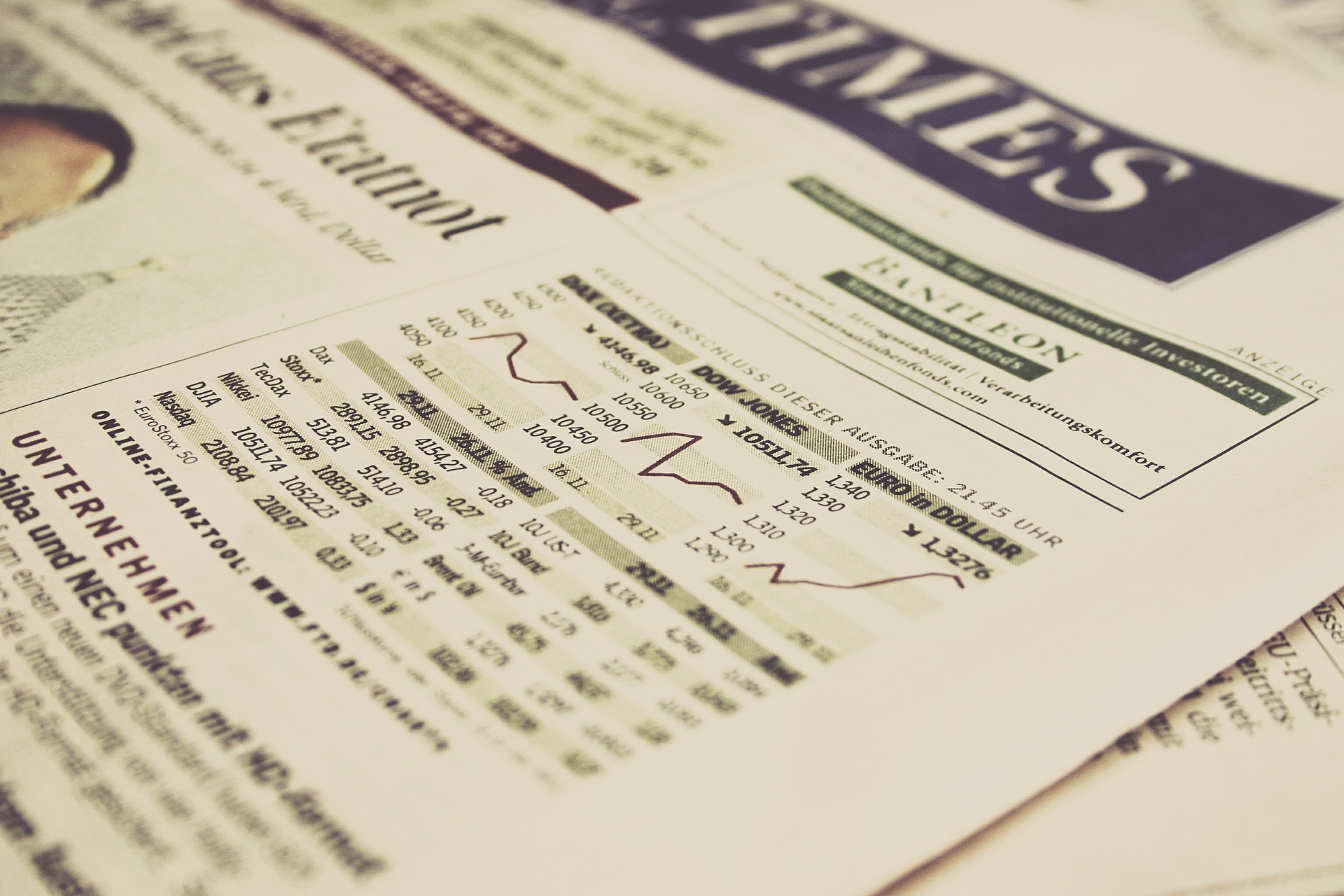

21/02/2019 – 12:00: On Friday morning, the DAX oscillated slightly above the 11,400 mark, reaching a new high for the year after all. However, activity was largely frowned upon recently. Domestic impulses and news from overseas were rather scarce. These were joined by setbacks on Wall Street and radio silence in the Trade War between China and the USA.
Focus on Ifo and Wirecard
Hardly any movement in Frankfurt: On Friday morning, the DAX listlessly dragged itself around 11,400 points, a sustained breakout above this level would signal the end of the latest sideways range. Already on Thursday the trading volume had been rather low. At its peak, the German benchmark index climbed by up to 0.4 percent to 11,467 points – after all, this is the highest level of the still young stock market year.
The Ifo Business Climate Index disappointed. Brexit worries and the fear of penalties for German cars in the USA are causing pessimism. The index fell to 98.5 points in February, its lowest level since December 2014. German managers also expect little for the coming six months: The subindex of business expectations slipped to 93.8 points.
Wirecard put itself into the spotlight once again with this interview: After the latest price fluctuations, Group CEO Markus Braun said in a conversation with the “Frankfurter Allgemeine” that he expects the share price to recover as soon as the allegations of allegedly incorrect booking of sales have been finally cleared up.
Hardly Any Impulses from Overseas
The Nikkei index fell by 0.2 percent to 21,425 points. And Wall Street had also provided few arguments for buying on Thursday: At the closing bell, the Dow Jones Index recorded a minus of 0.4 percent at around 25,851 points. The S&P 500 also fell by around 0.4 percent to almost 2,775 points. The composite index of the Nasdaq technology exchange also lost 0.4 percent to just under 7,460 points.
The economic data collected seemed to be rather food for the bears. Although the US labor market continues to show unbroken strength, the economic situation is still very positive. However, the business climate in the Philadelphia region deteriorated considerably more in February than analysts had forecast. Orders for durable goods also disappointed in December. And finally, industrial buyers in February were also more cautious than forecasted.
By the way, in New York, the Nasdaq Composite is currently very interesting: while the Dow and S&P 500 are already trading a bit above the 200-day line, the high-tech indicator is just holding onto it. So, the companies from Silicon Valley & Co. look like an anchor that slows down the market as a whole – no wonder, because growing companies are particularly dependent on low interest rates and the cheap production of components, which brings us back to the subject of China.
Shadow Boxing in the Trade War
In the trade negotiations, experts are rubbing their eyes in amazement: according to reports from the US television channel CNBC, Washington is demanding what Beijing supposedly wants anyway – a fixed yuan. There is a theoretical possibility that Beijing will devalue the renminbi at some point in order to boost exports. In fact, US President Donald Trump complained last July that the yuan was falling like a stone. And yes, 2018 was a difficult year for the Chinese economy, so there was a great temptation to devalue it.
But analysts told CNBC that the Middle Kingdom wants a strong currency in the future. No wonder, because the “chuppys” – Chinese urban professionals – would not forgive the communist cadres for a sustained slump in purchasing power. The Chinese middle class is enjoying the seemingly endless economic upswing once initiated by Deng Xiao Ping, as you can easily see from the imports of Swiss luxury watches, Scottish whisky and Bordeaux, which have been booming for some time now, albeit with small dents.
Let’s wait and see whether news will stir up the market here, which can happen very quickly. Meanwhile, talks between the US and China have continued at a high level in Washington. Otherwise, ECB President Mario Draghi will be appearing in public. The ECB’s chief monetary officer is unlikely to make any official statements on behalf of the ECB during his speech at the University of Bologna, where he will be awarded an honorary doctorate. But who knows, a small hint on the future of European monetary policy could slip between the lines.
Important Notes on This Publication
The content of this publication is for general information purposes only. In this context, it is neither an individual investment recommendation or advice nor an offer to purchase or sell securities or other financial products. The content in question and all the information contained therein do not in any way replace individual investor- or investment-oriented advice. No reliable forecast or indication for the future is possible with respect to any presentation or information on the present or past performance of the relevant underlying assets. All information and data presented in this publication are based on reliable sources. However, Bernstein Bank does not guarantee that the information and data contained in this publication is up-to-date, correct and complete. Securities traded on the financial markets are subject to price fluctuations. A contract for difference (CFD) is also a financial instrument with leverage effect. Against this backdrop, CFD trading involves a high risk up to the point of total loss and may not be suitable for all investors. Therefore, make sure that you have fully understood all the correlating risks. If necessary, ask for independent advice.
